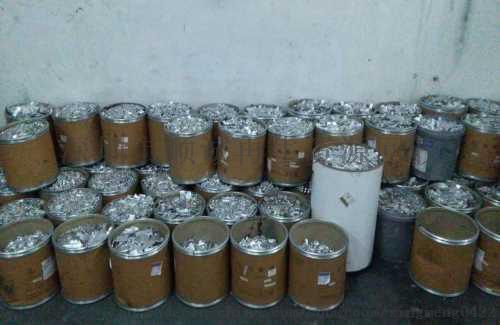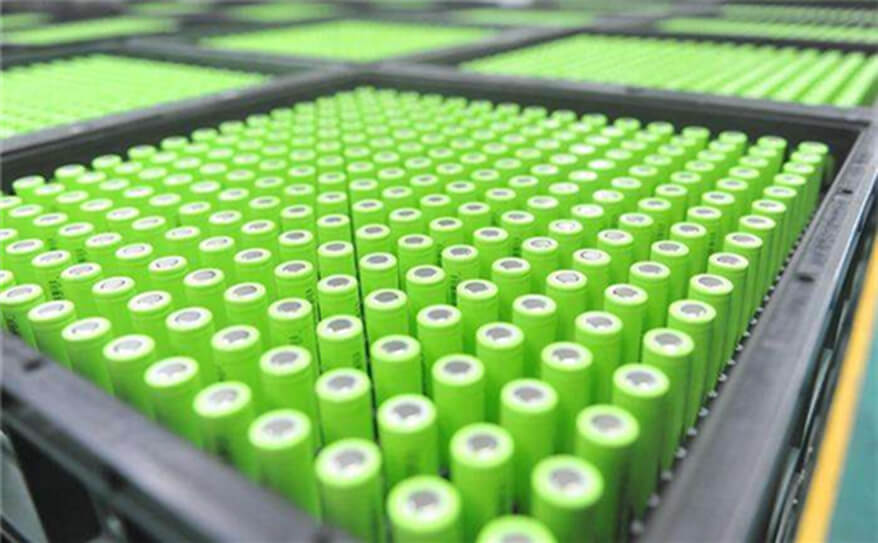Lithium-ion Car Battery Pack Discussion
Dec 02, 2019 Pageview:1481
Is there a better battery than lithium-ion for a car?
Solid-state batteries
This is a type of battery technology that utilizes solid electrodes as well as a solid electrolyte as compared to the liquid or polymer gel electrolytes present in lithium-ion battery packs. The batterie’s technology is concerned with combining a high capacity cathode with a high capacity lithium metal-based anode using an extremely high-conductivity separator, which is also solid.
All the materials present in the chemical composition of these battery packs are generally solid, thus making them less volatile and unlikely flammable, unlike their liquid counterparts found in the traditional lithium systems.
Materials included in the manufacture of solid-state batteries are such as oxides, phosphates, sulphides, and solid polymers as well. Some of the potential benefits that make them a more preferred alternative to lithium-ion batteries in electric vehicles are such as:
Faster recharging time as compared to lithium-ion batteries
Longer lifespan
A better compact design
Higher energy capacities
Many electric vehicle manufacturers have reported interest in developing solid-state battery technology such as Toyota, Hyundai and even Honda. Electric cars require high amounts of energy densities for peak performance as it entirely relies on the battery for a constant yet high power supply. For this reason, the solid-state battery is put in the limelight as a better alternative in perfecting the performance of EV technology for the future.
NiMH Batteries
Nickel metal hydride batteries also abbreviated as Ni-MH, is a standard type of rechargeable battery technology. It, however, should not be confused with the typical nickel-hydrogen battery. This type of cell is suitable for devices or machines that require large amounts of energy together for their frequent use. They are currently being utilized in gas-electric hybrid vehicles, and efforts are being put into the study of this battery technology to find out whether its properties can much be applied to the manufacture of electric cars as well.
The main objective concerning this battery pack at the moment would be to lower its cost while increasing the energy density.
NiMH batteries hold an energy density of 1 kilowatt-hour, and for it to be considered as a viable alternative to lithium-ion batteries in EV technology, the energy densities have to be enhanced to about 30 – 50 kilowatt-hours. One recommended way of doing so would be to develop metal hydride alloys by using low-cost metals that would be incorporated in the NiMH battery packs. This will ultimately make the cells cheaper while increasing their efficiency and output. The benefits that NiMH batteries posses which make them a suitable technology for use in electric vehicles include:
Energy density can be positively translated into either a reduction in the space occupied by the battery or long-run periods.
Resistance to extreme variations in temperatures, unlike other primary battery types with readings going as low as -20°C.
The reduction of constraints set on battery manufacture, usage, and disposal due to concerns over toxicity from cadmium.
However, for an electric car battery, lithium-ion has a primary advantage over NiMH since it is lighter than other primary cells. This fact doesn’t necessarily mean that NiMH cannot be a worthy alternative to lithium-ion for use in the car battery. Manufacturers need to make a few adjustments that would make it a worthy opponent in the long-run.
Zinc Air batteries
Many individuals may not be aware of this type of battery technology and the impact it has had in its various applications. Zinc-air batteries are a non-rechargeable battery type with mechanically rechargeable fuel cells. They are generally metal-air batteries powered by the oxidizing of zinc using oxygen from the air.
It might seem confusing, but once a person gets the basic concept of how these cells function, they will be viable to see the benefits of using these cells for EV technology. Zinc-air batteries are characterized by their high energy densities and are typically found in high-value applications such as hearing aids. Yes, hearing aids tend to make use of the properties that make up this battery technology for their functionality.
The fact that they are made with some of the most common materials on earth makes them an enticing alternative to lithium-ion in batteries for electric cars. Upon discharge, an amount of zinc particles forms a porous anode, which is then saturated using an electrolyte.
Oxygen present in the air reacts with the cathode to form hydroxyl ions, which move to the zinc paste at the anode to create zincate. The zincate then decays into zinc oxide, and water returns to the electrolyte, thereby being recycled. The theory can better be understood if one considers the zinc-air batteries to breathe in oxygen, and after a few chemical reactions, zinc oxide is formed, and more zinc is produced, thereby increasing the battery’s energy density while reducing its weight.
The only factor that’s restraining the massive applications of this battery technology, is that it is not rechargeable, and we all know that EV batteries need high cycles of charge to be able to sustain the vehicle for extended distances. However, research is being done on how to make these batteries rechargeable, and it seems to be generating good progress. There have been versions being developed where the zinc anode regenerates while oxygen is released back into the atmosphere to counter its recharging limitation better. With more time on improving this battery technology, the future seems to hold an open space for its application in electric vehicles.
Is there enough lithium for car batteries?
Lithium is highly appraised for its contribution to sustaining the development of electric vehicles since its invention to date. However, concerns have been raised on whether or not there would be enough lithium for further advancements in the electric car.
A few years back, fears of lithium shortages saw prices for the metal go through the roof. This was caused by a spike in the market for electric cars, which were suddenly competing for the demand for lithium-ion batteries with other devices such as laptops and smartphones. However, demand for the metal won’t reduce anytime soon and neither will the lithium deposits be expected to frail for a while. The truth is, there is enough lithium to satisfy the growing demand rates for the metal that the aspect of recycling is made less necessary. This, however, doesn’t mean that the cells should just be tossed out, but instead, other materials such as cobalt and copper can be recycled for other economic uses.
How long do lithium-ion car batteries last?
Typically, any car battery is expected to last the user for a long time, enough to satisfy a mileage of about 160000 km. This might take about 8 -10 years minimum, as is the expected lifespan of a car battery. Lithium-ion batteries are of no exception in the forum either. The battery technology is expected to take the user about the same period of utility, depending on its rate of usage and other external conditions or factors affecting it.
Leave Message
Hottest Categories
-
Hottest Industry News
-
Latest Industry News











